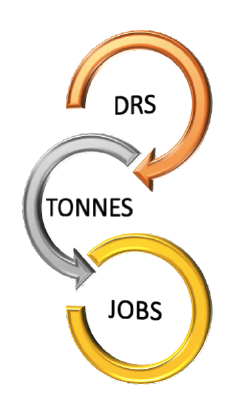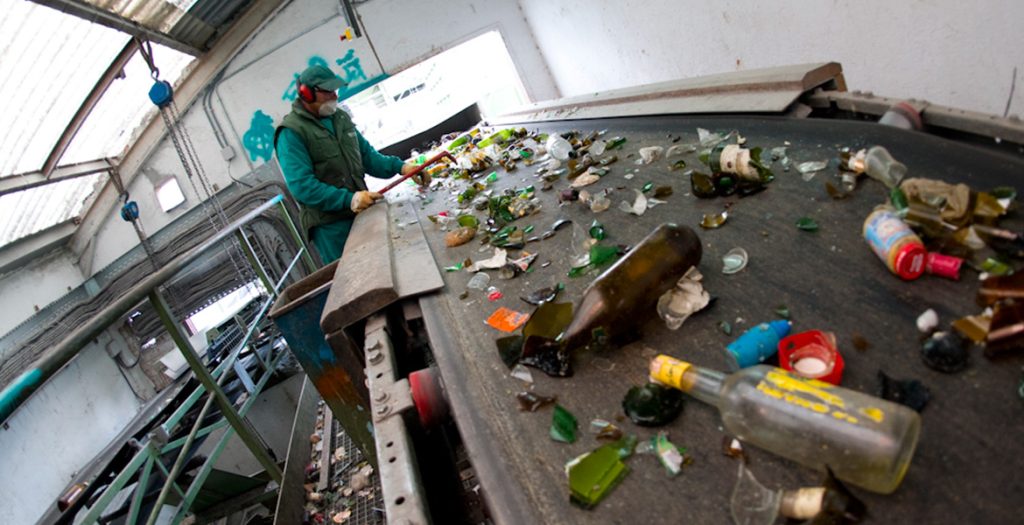
This new fact sheet by the Reloop Platform explains why deposit return systems (DRS), which are in place in over 40 jurisdictions across the world, produce higher circular economy outcomes, including a more positive impact on job creation, than any other waste management option.

